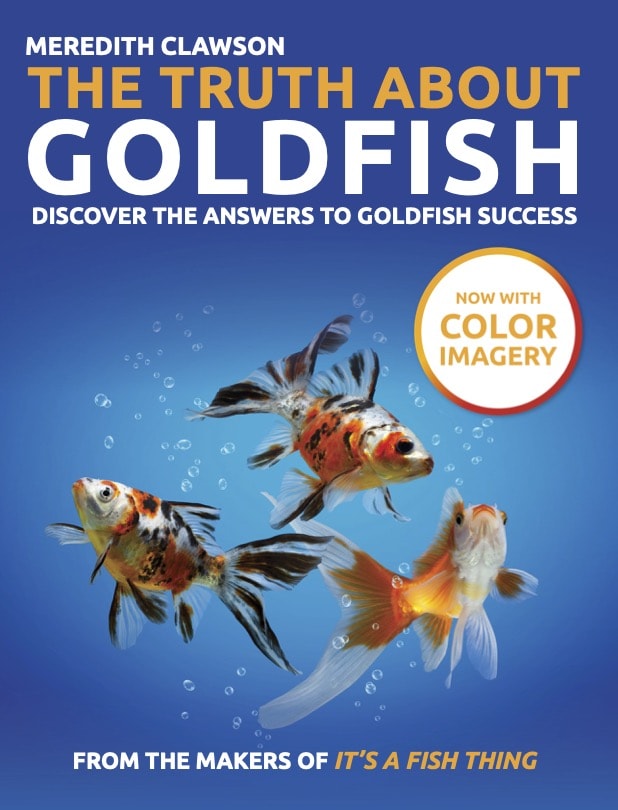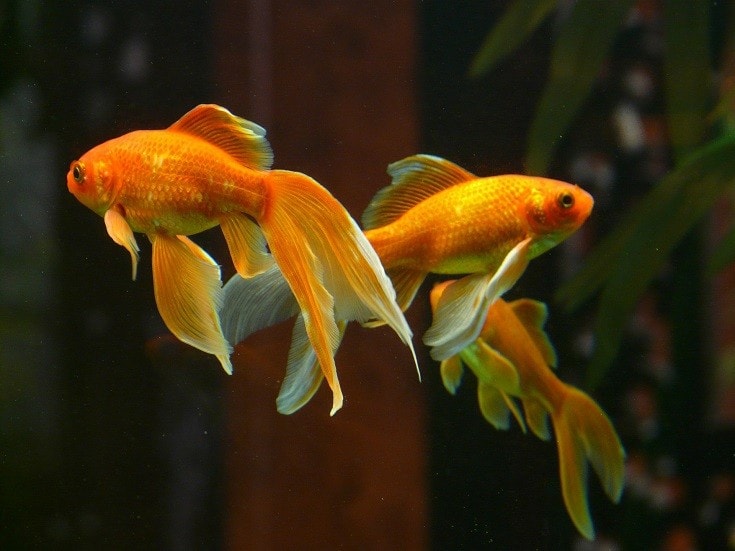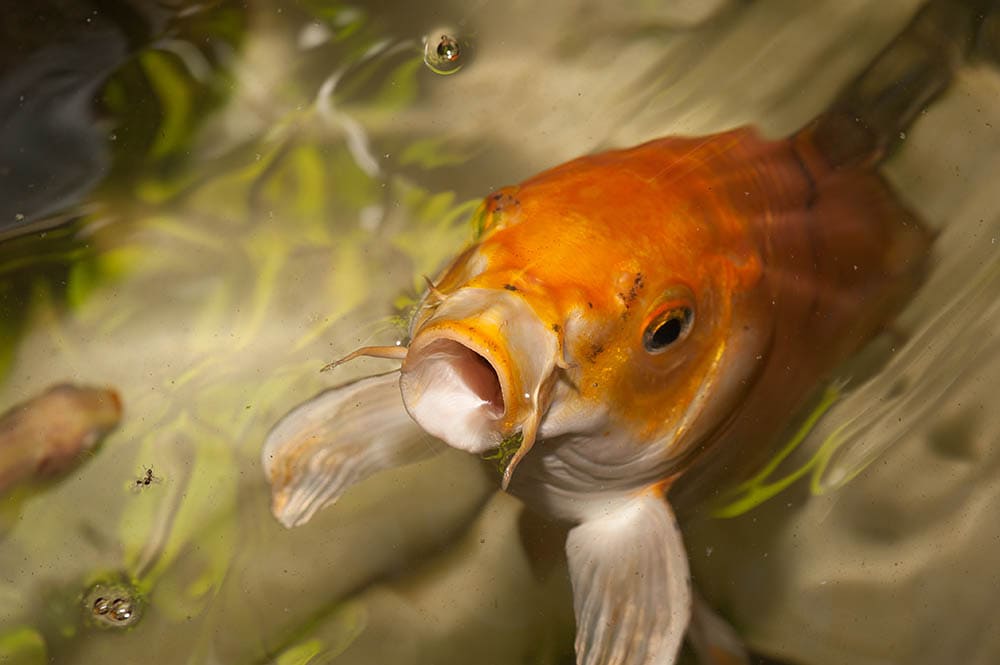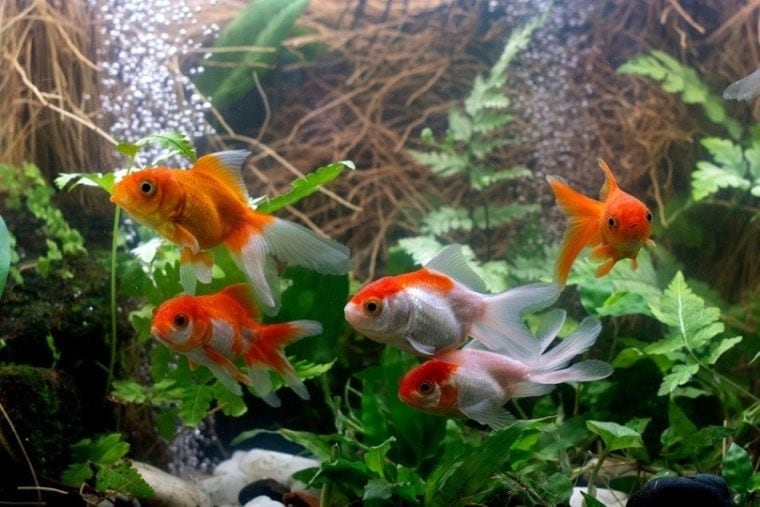
Goldfish have a reputation for being undemanding, easy-going pets, and perfect for budding aquarists. It’s true, but only in part. Indeed, we have in mind many preconceived ideas, often erroneous, about the living conditions and care of a goldfish. Unfortunately, this can sometimes lead to the premature death of your colorful little fish.
For example, goldfish cannot live healthily and thrive in a tank filled with tap water. Indeed, tap water must be treated before being added to your aquarium, otherwise, its chemicals could be deadly to your goldfish. Read on to find out why tap water contaminants are harmful to goldfish and how to make it safe.
What Types of Contaminants Are Found in Tap Water?
According to the United States Environmental Protection Agency (EPA), there are four main types of contaminants that can be found in drinking water. However, small amounts of these contaminants do not necessarily pose a risk to human health.
Understanding the intricacies of water filtration can be tricky, so if you're a new or even experienced goldfish owner who wants a bit more detailed information on it, we recommend that you check out Amazon for the best-selling book, The Truth About Goldfish.
It covers all you need to know about creating the most ideal tank setup, goldfish care, and more!
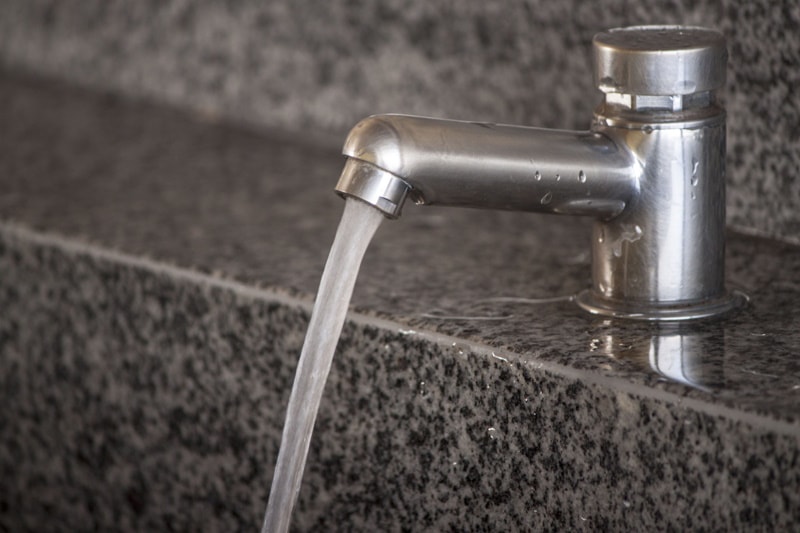
Why Is Tap Water Not Suitable for Goldfish?
To be considered safe for human consumption, drinking water is treated according to its level of bacteriological (E. coli, fecal coliforms, and enterococci) and chemical contamination, which includes natural contaminants and those produced by humans (pesticides, nitrates, hydrocarbons). Drinking water can also be contaminated by the presence of lead in the plumbing.
The more analyzes show that water is degraded, the higher the treatment requirements.
The greatest risk to be managed for drinking water is of a microbiological nature. To limit these risks, chlorine is used, of which there are still by-products in tap water. In fact, chlorine is a disinfectant that is added to drinking water to reduce or eliminate the presence of microorganisms, such as bacteria and viruses. Therefore, the addition of chlorine significantly reduces the risk of disease transmission through water.
Unfortunately, chlorine is toxic to fish as it damages their gills and can lead to respiratory problems. This is because, unlike humans and other domestic animals, fish absorb water directly into the bloodstream.
In addition to chlorine, heavy metal residues like copper, zinc, cadmium, and lead can end up in tap water and weaken your goldfish’s immune system.
What Kind of Water Is Safe for Goldfish?
If you can’t fill your tank directly with tap water, what are the other options?
You have two choices:

Treat tap water with a dechlorinator.
You can simply fill a container with tap water and let the chlorine evaporate for a few days. However, while chlorine can be removed by simple aeration in a short time, chloramine (another compound used to disinfect drinking water) is much more stable and can be difficult to completely remove from water.
Therefore, it is recommended to purchase a water conditioner and de-chlorinator to treat tap water yourself. Simply follow the manufacturer’s instructions on the packaging, but always check the label to make sure the product removes both chlorine and chloramine.
Buy pre-conditioned water.
Another simple but more expensive solution is to buy pre-conditioned water, which you can find online or at pet stores. It is also called “Instant Water” and is ready to be added to your aquarium. You just need to put your goldfish in afterward! However, this option is not recommended if you have a very large tank, given the high long-term costs.
Other Water and Filtration Requirements
In addition to treating tap water, you must install a powerful aquarium water filter. Indeed, goldfish generate large amounts of waste, which requires frequent cleaning of the tank. This cleaning is greatly simplified by the purchase of a good water filter.
Also, goldfish thrive in water where alkalinity is higher than acidity, so the ideal water pH should be between 7.0 and 7.4. Finally, the water temperature should be maintained at around 68°F, although goldfish can survive colder temperatures.

Final Thoughts
Goldfish may be easy to care for, but they still require specific living conditions to stay healthy and thrive. Tap water is not at all a suitable option for filling their tank water, due to the chlorine, chloramine, and other contaminants present in this kind of water. Fortunately, you can treat tap water using a dechlorinator or buy pre-conditioned water. In any case, remember that an aquarium is above all an ecosystem and that its balance is fragile. That’s why you need to keep an eye on the water parameters to make sure your goldfish won’t get sick, or worse.
Featured Image Credit: gunungkawi, Shutterstock


